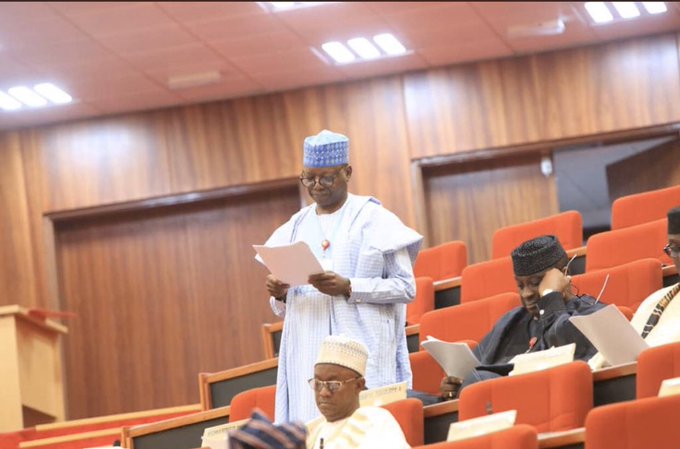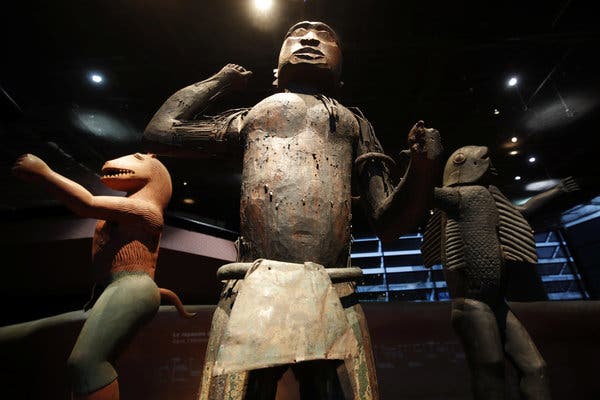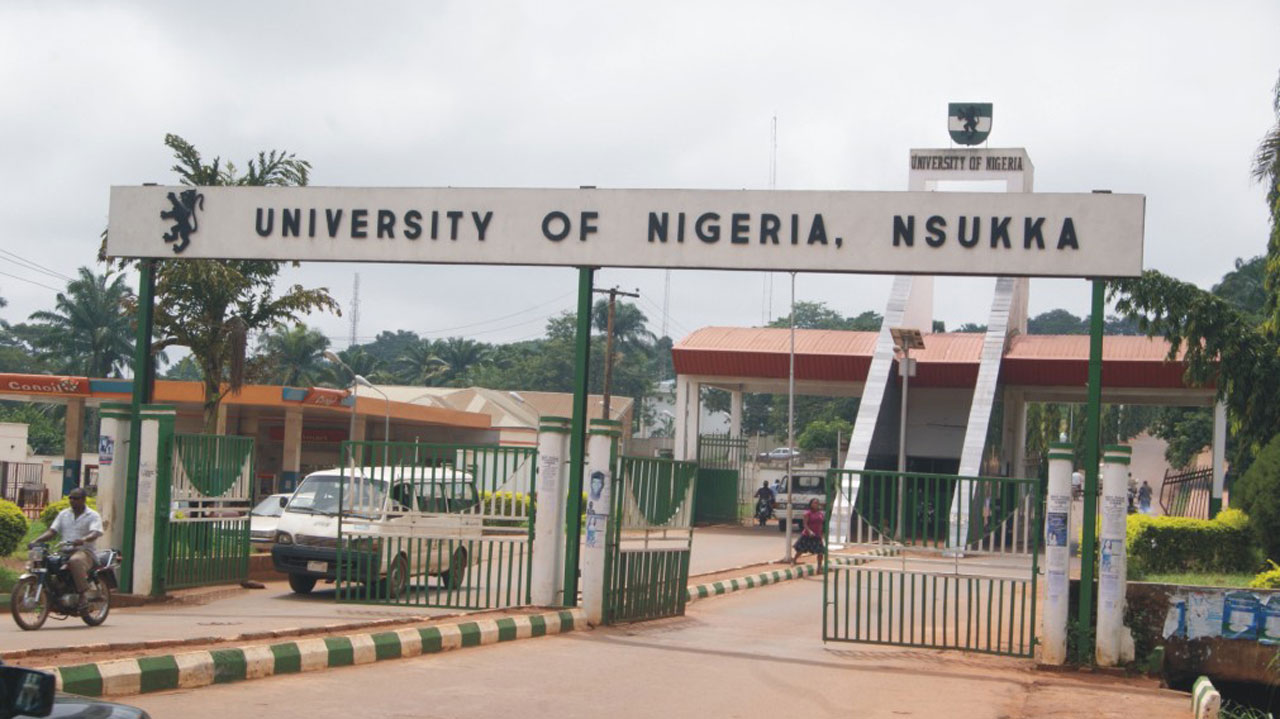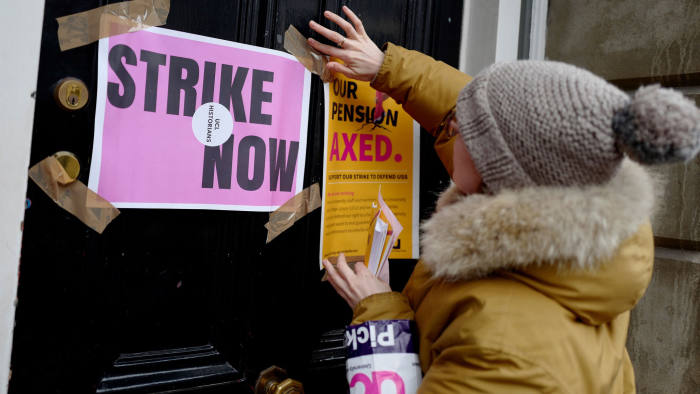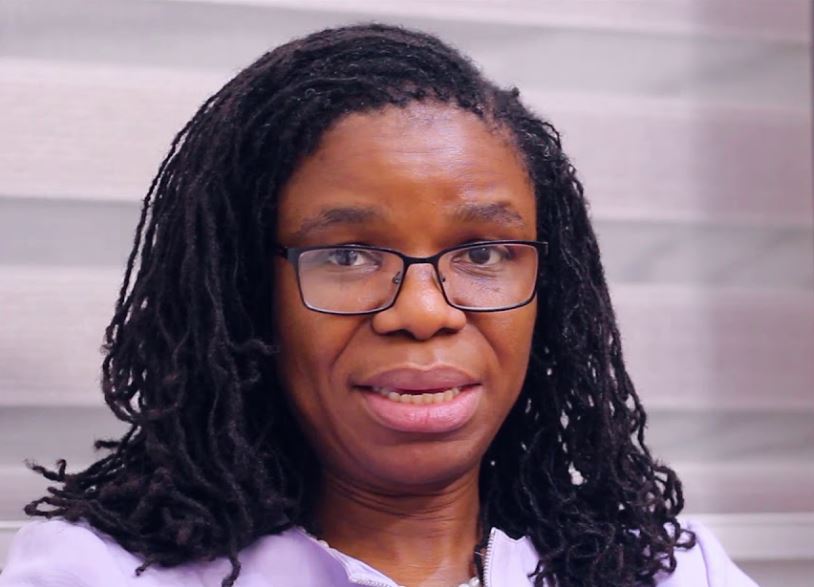While the bill seeking to regulate social media is still fighting its way through the national assembly, fresh details have shown that it got its content, form and intellectualism from far-away Singapore in Asia.
On November 6, the bill, sponsored by Mohammed Sani Musa, senator representing Niger east, was read for the first time at the senate. It has since passed second reading.
Nigerians have expressed their reservations about the bill, saying it is an infringement on their constitutional rights.
A look at both documents by TheCable shows that Musa only changed some terms from that of Singapore to give his bill a feel of originality—the similarity, however, remains glaring.
Advertisement
One Frederick Odorige was the one who first drew attention to the striking similarities between both bills.
In a YouTube video, Odorige said: “That bill is not an original document. It was plagiarised from another country.”
Singapore’s 67-page act titled “Protection From Online Falsehoods And Manipulation Act 2019”, was passed by its parliament on May 8, 2019 and assented to by President Halimah Yacob on June 3, 2019.
Advertisement
Similarly, Nigeria’s bill, though 35 pages, is titled “Protection From Internet Falsehoods and Manipulation and Other Related Matters Bill’, with Musa craftily substituting “internet” as used in the Singapore version for “online” and adding an extension for Nigeria’s.
Also, the part 2 of Singapore’s act reads: “Prohibition Of Communication Of False Statements Of Fact In Singapore” while the bill in Nigeria reads “Prohibition Of Transmission Of False Statements Of Fact”, with “transmission” replacing “communication” and removal of Singapore from the line.
In part three of the bill, Musa substituted “direction” with “regulation” while some lines read exactly the same.
Part 2, section 7 of Singapore act states that: “(1) A person must not do any act in or outside Singapore in order to communicate in Singapore a statement knowing or having reason to believe that — (a) it is a false statement of fact; and (b) the communication of the statement in Singapore is likely to — (i) be prejudicial to the security of Singapore or any part of Singapore; (ii) be prejudicial to public health, public safety, public tranquillity or public finances; (iii) be prejudicial to the friendly relations of Singapore with other countries; (IV) influence the outcome of an election to the office of President, a general election of Members of Parliament, a by-election of a Member of Parliament, or a referendum…”
Advertisement
In the Nigerian version, part 2 section 3 reads: “(1) A person must not do any act in or outside Nigeria in order to transmit in Nigeria a statement knowing or having reason to believe that — (a) it is a false statement of fact; and (b) the communication of the statement in Nigeria is likely to — (i) be prejudicial to the security of Nigeria or any part of Nigeria; (ii) be prejudicial to public health, public safety, public tranquillity or public finances; (iii) be prejudicial to the friendly relations of Nigeria with other countries; (IV) influence the outcome of an election to any office in a general election or a referendum…”
While Singapore proposes “a fine not exceeding $50,000 or to imprisonment for a term not exceeding 5 years or to both,” Musa’s social media regulation bill proposes “a fine not exceeding N300, 000 or to imprisonment for a term not exceeding 3 years or to both”.
Justifying the similitude between his bill and Singapore’s act, Musa said legislation are public documents and influence the forms in other jurisdictions, arguing that they are not the property of countries.
“Legislation across the globe are public documents and national legislation do not claim right over them as to form the basis for plagiarism over them, their effectiveness being limited to the territorial jurisdiction of each sovereignty,” he wrote on Twitter.
Advertisement
“It is preposterous that this is said to be an instance of plagiarism. All over the world, Legislation in other Jurisdictions do influence the form and substances in other jurisdictions, particularly and Present the same or similar challenges of regulation.
“It is therefore inevitable that lessons be drawn from other jurisdictions in fashioning out workable solutions in our own country.”
Advertisement
Sen. Moh’d Sani Musa (313)
@Sani313Movement
The similarity between our draft Bill to make provisions for protection from Internet Falsehoods and Manipulations and for other related matters with the Singaporean Statute on the same subject.
The similarity between our draft Bill to make provisions for protection from Internet Falsehoods and Manipulations and for other related matters with the Singaporean Statute on the same subject.
AdvertisementA thread.
— Sani 313 Progressive Movement (@Sani313Movement) November 23, 2019
Advertisement
It is posterous that this is said to be an instance of plagiarism. All over the world, Legislation in other Jurisdictions do influence the form and substances in other jurisdictions, particularly and Present the same or similar challenges of regulation.
— Sen. Moh’d Sani Musa (313) (@Sani313Movement) November 23, 2019
Add a comment

